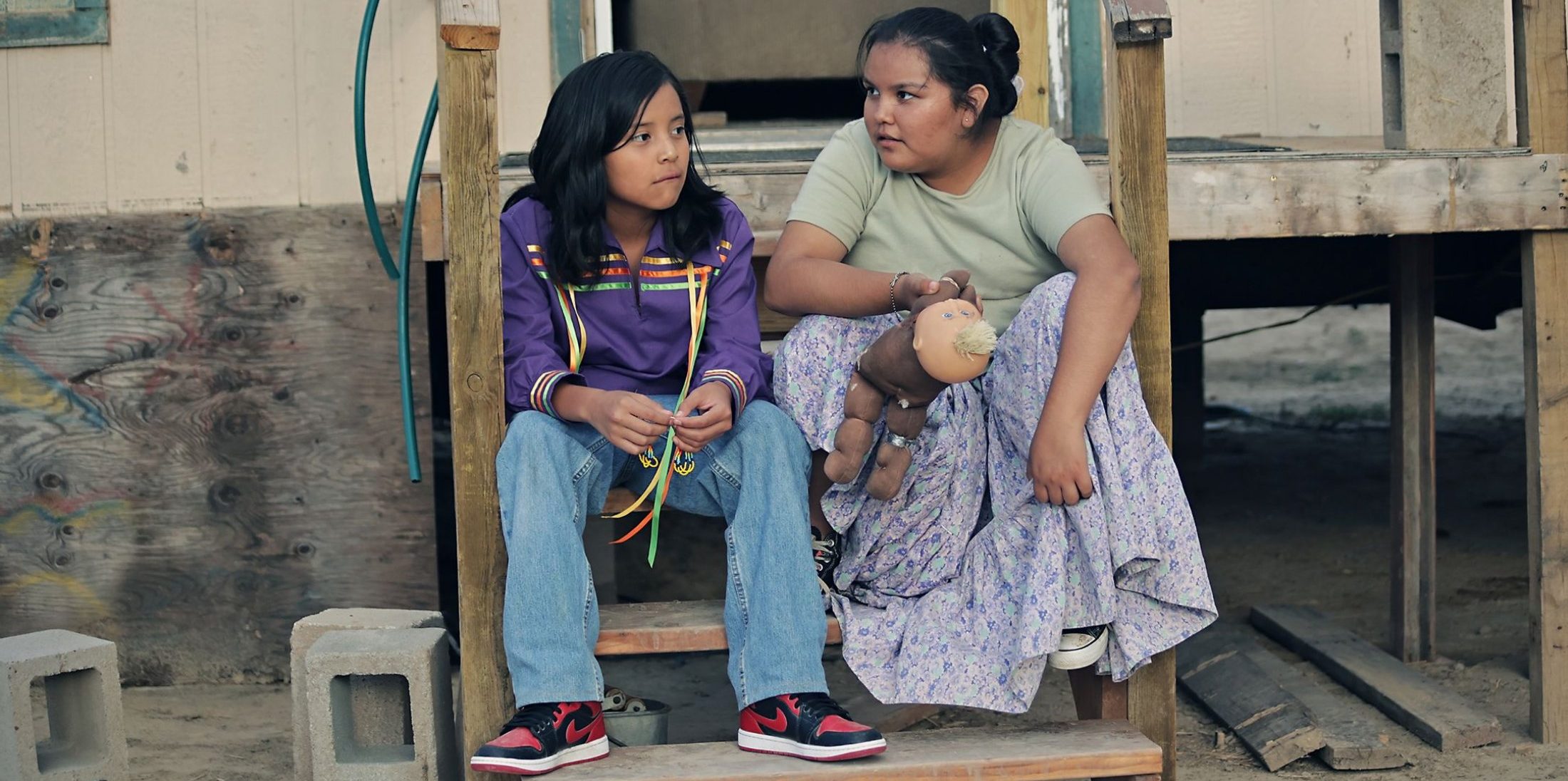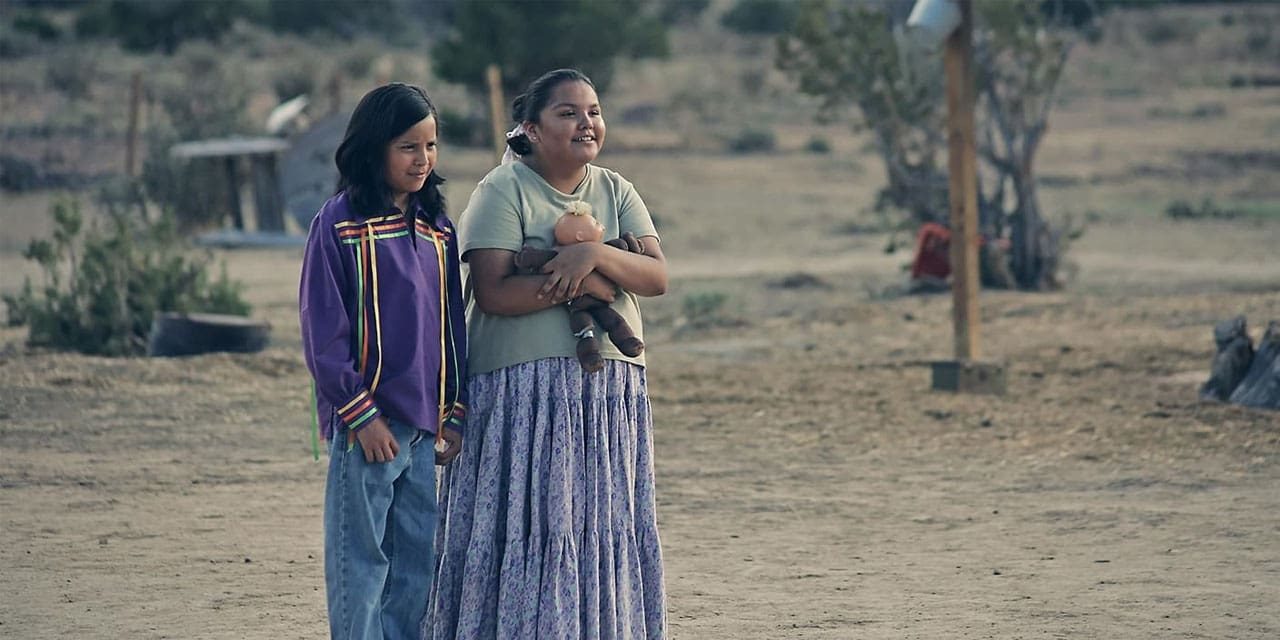Netflix’s coming-of-age drama, ‘Frybread Face and Me,’ follows an 11-year-old Benny, who is sent to live with his grandmother on the Rez for the summer. Having lived his entire life in the city, it is, in some ways, a culture shock to Benny, who has never been in touch with his roots. He can’t even speak Navajo, and this is what his cousin, Dawn, uses to pick on him in the beginning. The budding friendship between the cousins becomes the heart of the story and also gives meaning to the title of the film. But why is Benny’s cousin called “Frybread Face”? SPOILERS AHEAD
Frybread Face is a Term of Endearment
Frybread, as the name suggests, is a bread that is fried in oil. It’s made of wheat or maize flour and is traditionally Native American. Dawn receives this name from her aunts and uncles, most likely because of her appearance. In the movie, when Benny asks her if she likes being called that, she says that it is “round and greasy,” so why would she like to be called frybread? But the name has stuck to her, so much so that no one except Benny calls her Dawn a couple of times in the movie.

Explaining the reason behind the name, director Billy Luther explained: “In Native cultures, our aunties and uncles tease us, and they give you these kinds of nicknames. So, that was just a nickname that was given to her by her uncles, and it stuck. For instance, I had a cousin when I was growing up, and they called him Boogers, and we still call him Boogers and he’s now 35 years old. So these names are just what our aunts and uncles do.”
The director created Fry’s character from a combination of his cousins, who were more in touch with their culture, as opposed to Luther, who grew up an “urban Indian,” more in touch with the pop culture of the time. “When I would go back to the Rez… I was so fascinated, and they were fascinated with me. Like, “What? You don’t speak Navajo? Do you know your clan?” It was a combination of family, and I had fun creating this character and watching this journey that she takes Benny on,” the director added.
The name starts out as a nickname, borne of love and affection from her aunts and uncle, even if the idea was to tease her in the beginning, and in some ways, it still is. But for Fry, who is now nearing teenage, the name also starts to dance around the idea of beauty in her. Her aunts are slim and pretty, and that’s the idea Fry has in her mind about beauty. She dreams of being Miss Navajo and likes putting on make-up, especially when it’s from Aunt Lucy, who doesn’t miss any chance to tell her she is already beautiful.
The name, in that sense, also subtly touches upon the changing meaning of things and how they impact a child’s perception of themselves. We see the same thing with Benny, too, who calls himself “just Benny” when asked whether he is a cowboy or a cowgirl by Uncle Marvin. He doesn’t mind putting on makeup and nail polish and wearing skirts. He plays with dolls (no, “action figures”), and doesn’t see how any of this has anything to do with him being a boy or a girl.
Being repeatedly told that he needs to become a man or is not man enough or is sent to the Rez to become a man must make an impression on his mind. The film doesn’t show us what eventually becomes of Benny or Fry, but in the limited time we spend with them, we get an idea of the things that have started to swirl in their minds as they pass through childhood into adolescence.
Read More: Netflix’s Frybread Face and Me: Is it a True Story?


You must be logged in to post a comment.